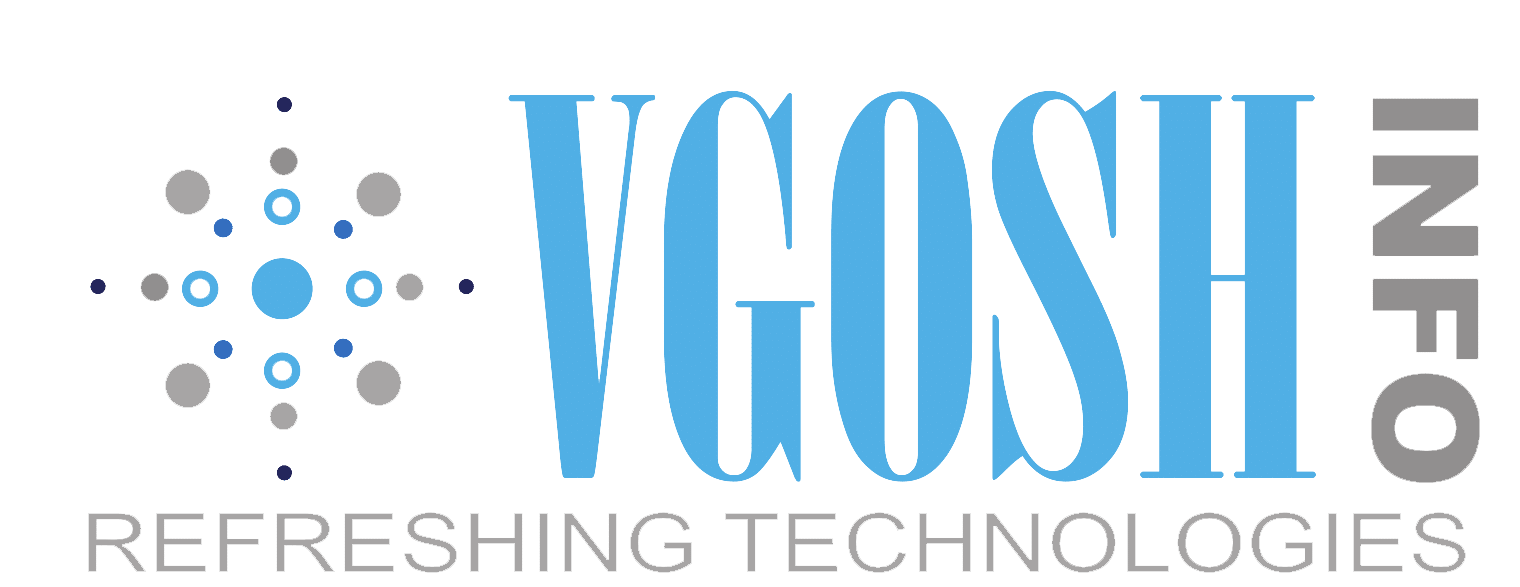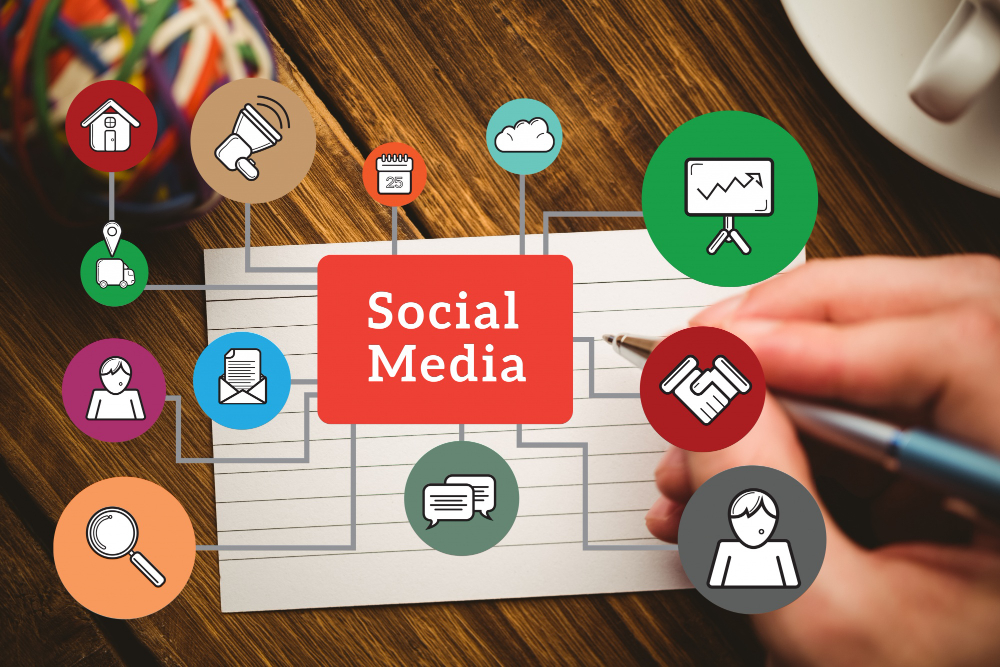A beginners guide to Digital Marketing
Digital marketing has become an integral part of modern-day business operations. With the rise of the internet and social media platforms, businesses now have an unprecedented opportunity to reach out to a global audience. However, digital marketing can be complex and intimidating for beginners, especially those with no prior experience in marketing. In this blog, we will provide a beginner’s guide to digital marketing, covering the basics of what it is, how it works, and the strategies involved.
What is Digital Marketing?
Digital marketing refers to the promotion of products or services through digital channels, such as the internet, social media, search engines, mobile devices, and other digital platforms. Unlike traditional marketing, which relies on print, television, or radio, digital marketing uses technology to connect with customers in real time.
Why is Digital Marketing Important?
Digital marketing has become important for businesses of all sizes, as it enables them to reach a wider audience, increase brand awareness, and drive sales. The internet has changed the way consumers shop, research, and make buying decisions. Digital marketing allows businesses to connect with their target audience at every stage of the buying process.
Understanding the Different Channels of Digital Marketing
Digital marketing involves a range of channels, each with its unique characteristics and benefits. Here are some of the most popular channels of digital marketing:
Search Engine Optimization (SEO): SEO is the process of optimizing a website to rank higher in search engine results pages (SERPs). By improving a website’s visibility, businesses can attract more organic traffic and generate leads.
Pay-per-Click (PPC) Advertising: PPC advertising involves placing ads on search engines or other platforms, and paying a fee every time someone clicks on the ad. PPC can be a cost-effective way to drive traffic and generate leads, especially for new businesses that are just starting.
Social Media Marketing: Social media marketing involves using social media platforms, such as Facebook, Twitter, and Instagram, to promote a business and engage with its target audience. Social media can be an effective channel for building brand awareness and customer loyalty.
Email Marketing: Email marketing involves sending promotional emails to a list of subscribers. Email marketing can be an effective way to nurture leads and turn them into customers, as long as the content is engaging and relevant.
Content Marketing: Content marketing involves creating and sharing valuable content, such as blog posts, videos, and infographics, to attract and engage a target audience. Content marketing can help build brand credibility and establish a business as an authority in its industry.
How to Develop a Digital Marketing Strategy
Developing a digital marketing strategy involves a series of steps, each of which is critical to the success of the campaign. Here are the basic steps involved in developing a digital marketing strategy:
- Define Your Target Audience: The first step in developing a digital marketing strategy is to define your target audience. This involves researching your ideal customer and understanding their needs, preferences, and behavior.
- Set Your Marketing Goals: The next step is to set your marketing goals. What do you want to achieve with your digital marketing campaign? Do you want to drive sales, increase brand awareness, or generate leads?
- Choose Your Digital Marketing Channels: Based on your target audience and marketing goals, you can choose the most appropriate digital marketing channels. This will depend on factors such as your budget, the competitiveness of your industry, and the preferences of your target audience.
- Develop Your Content Strategy: Your content strategy will determine the type of content you create and share on your digital marketing channels. This could include blog posts, social media posts, videos, infographics, and more.
- Execute Your Campaign: Once you have defined your target audience, set your marketing goals, choose your digital marketing channels, and developed your content strategy, it’s time to execute your campaign. This involves creating and publishing content,





